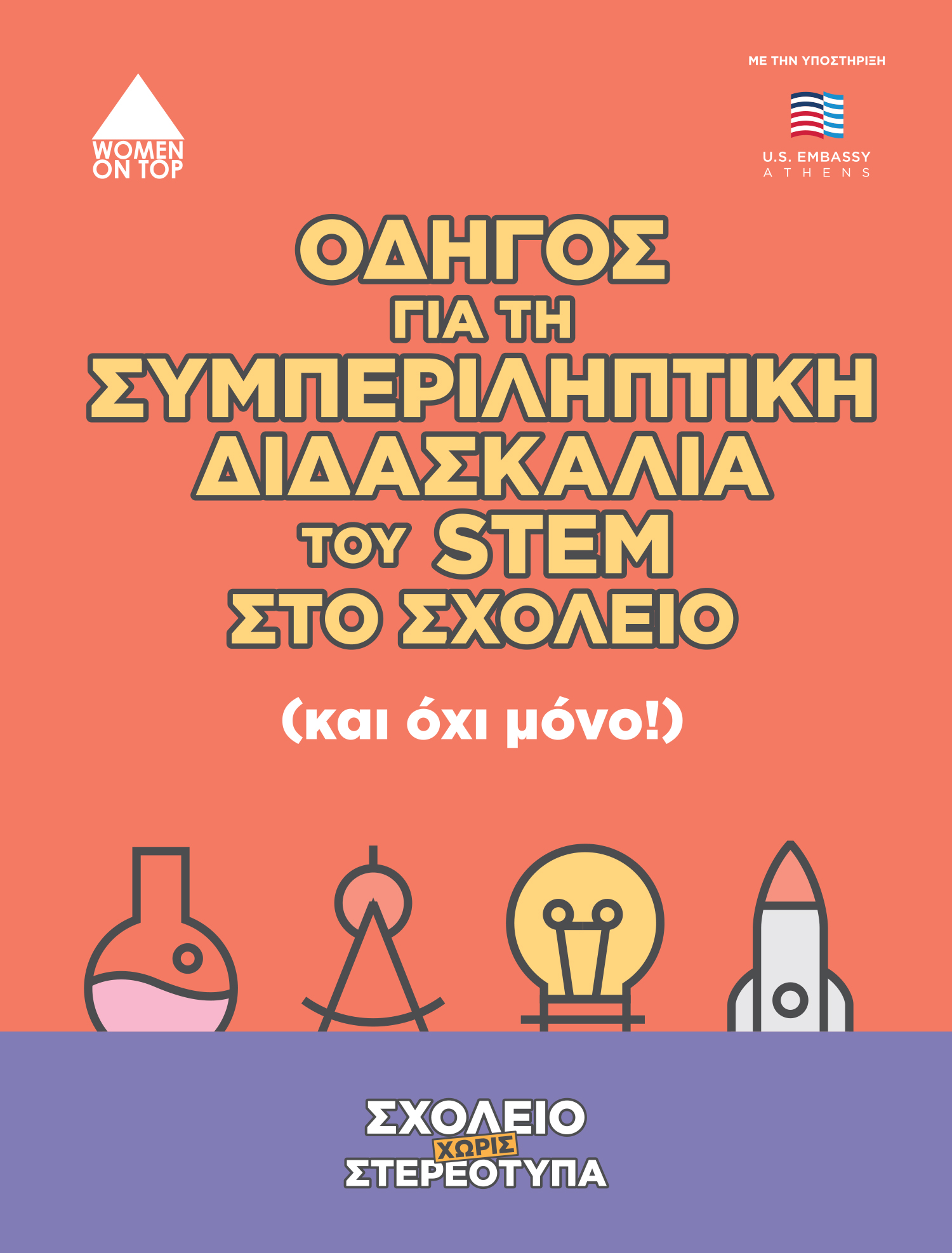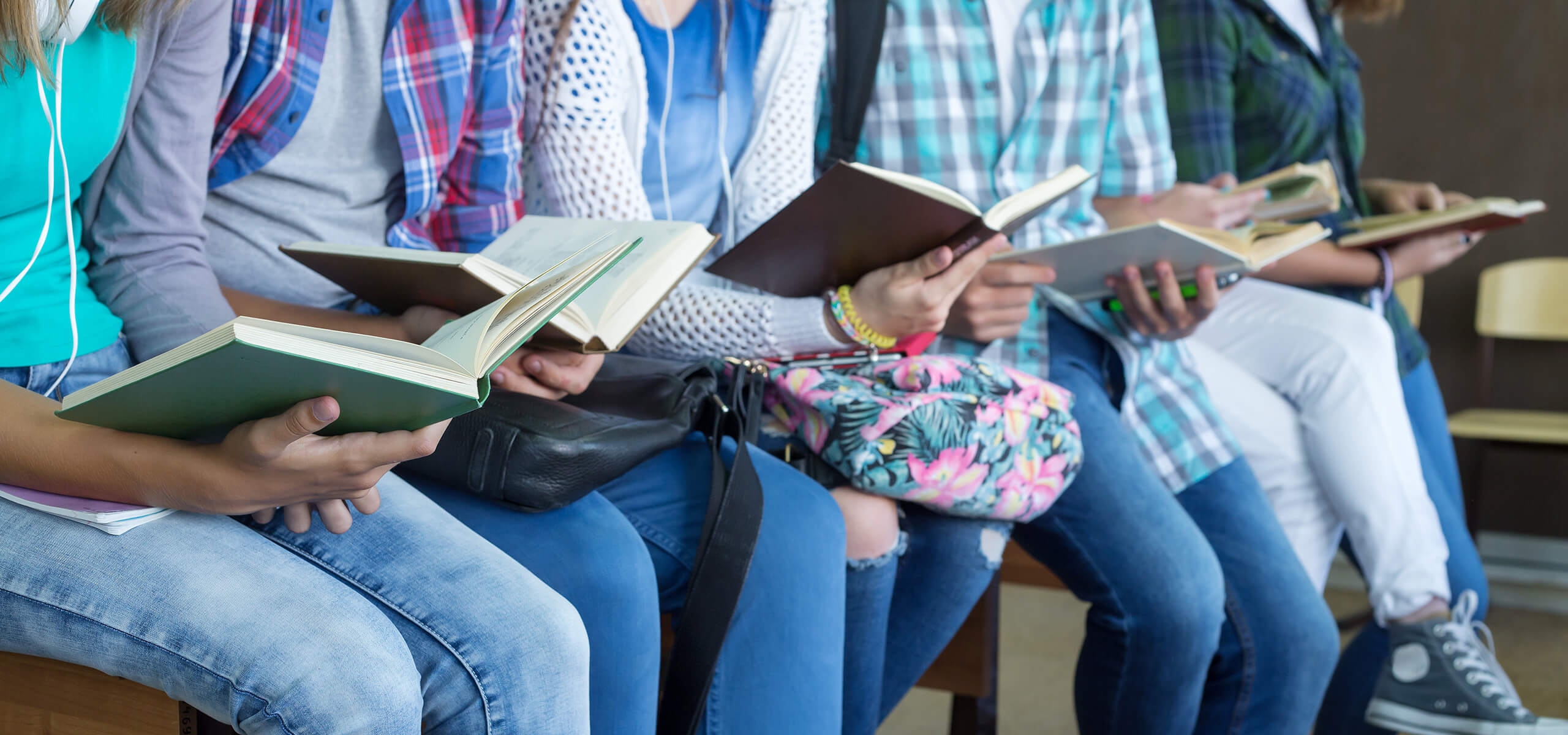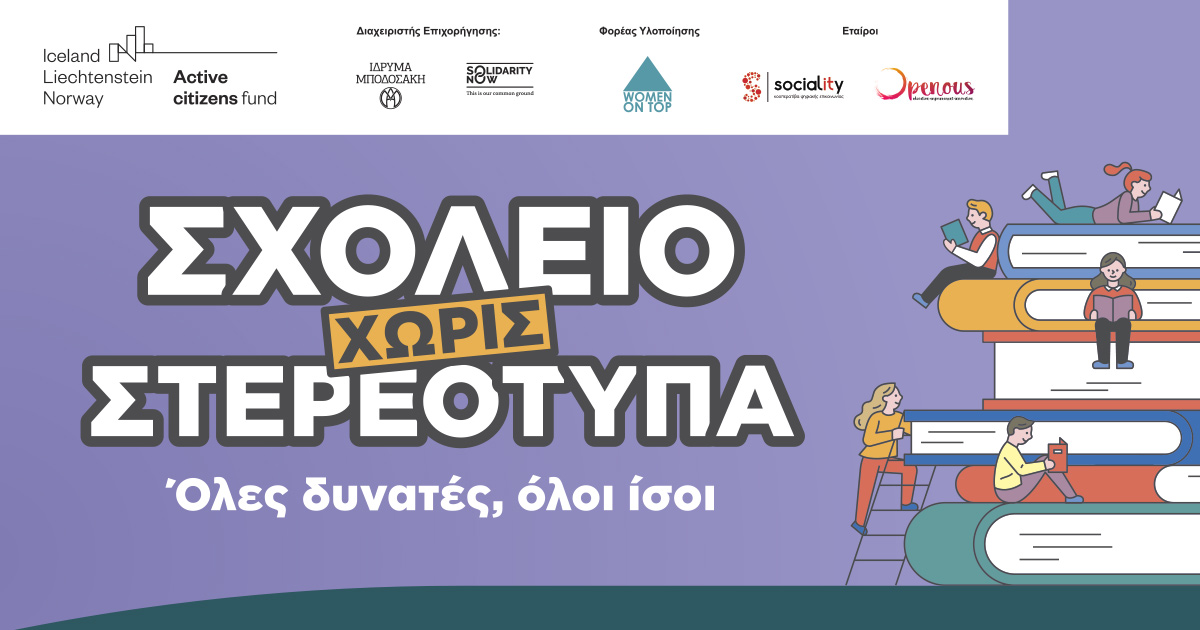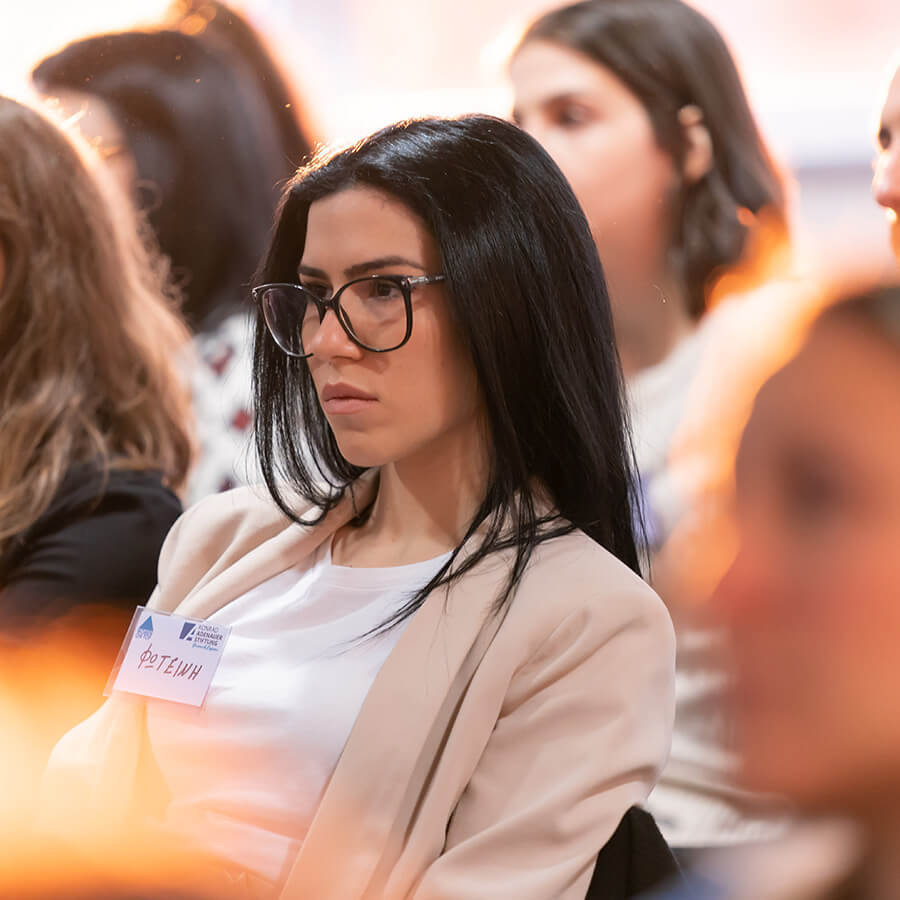
Guide for the Inclusive Teaching of STEM
Guide for the Inclusive Teaching of STEM, with the aim of making school life, learning and the professional orientation of students more equal, inclusive and effective for all.

The program “The school of no bias – everyone strong, everyone equal” aims to address three main challenges concerning girls and young women in Greece, which are documented by academic research and by the experience of Women On Top.
The differences in the treatment between boys & girls by their teachers and the perpetuation of gender inequalities they cause.
The “confidence gap” in girls aged 10-14, which prevents them, as young women, from claiming positions of responsibility.
Occupational segregation, which includes low participation of girls and young women in educational and professional fields related to science and technology and in positions of responsibility.

With this program, we implement educational activities which aim to familiarize teachers with tools that facilitate the girls’ psychosocial empowerment, as well as training them in gender equality matters and unconscious biases.
1. Helping primary and secondary school teachers familiarise themselves with tools that facilitate girls’ psychosocial empowerment
2. Training educators on issues of gender equality and unconscious bias.
3. Create awareness among School Career Counsellors about the gender stereotypes that may influence the effectiveness of School Career Counselling and acquire the tools they need to prevent and/or address these stereotypes.
You can learn more and find all the program materials here.

The platform is a networking tool for educators who are curious or concerned about gender equality issues, such as stereotypes, gender bias and occupational segregation. By registering in the platform, you can liaise with other teachers about the issues that trouble you, and also seek out other educators with whom you can get in touch to organise common initiatives.
Not yet, but we will, soon. You can sign up for our project newsletter to receive updates and news about our future activities.
We have created 4 educational guides, one for each main theme of the project:
Each guide includes a theoretical part, as well as practical advice and suggestions for educational activities.
We suggest that you download the guide or guides that are most suitable to your role. Once you study them, you can draw from them the materials that are more relevant to your students, and also on the challenges that you, as a teacher, are faced more often with.